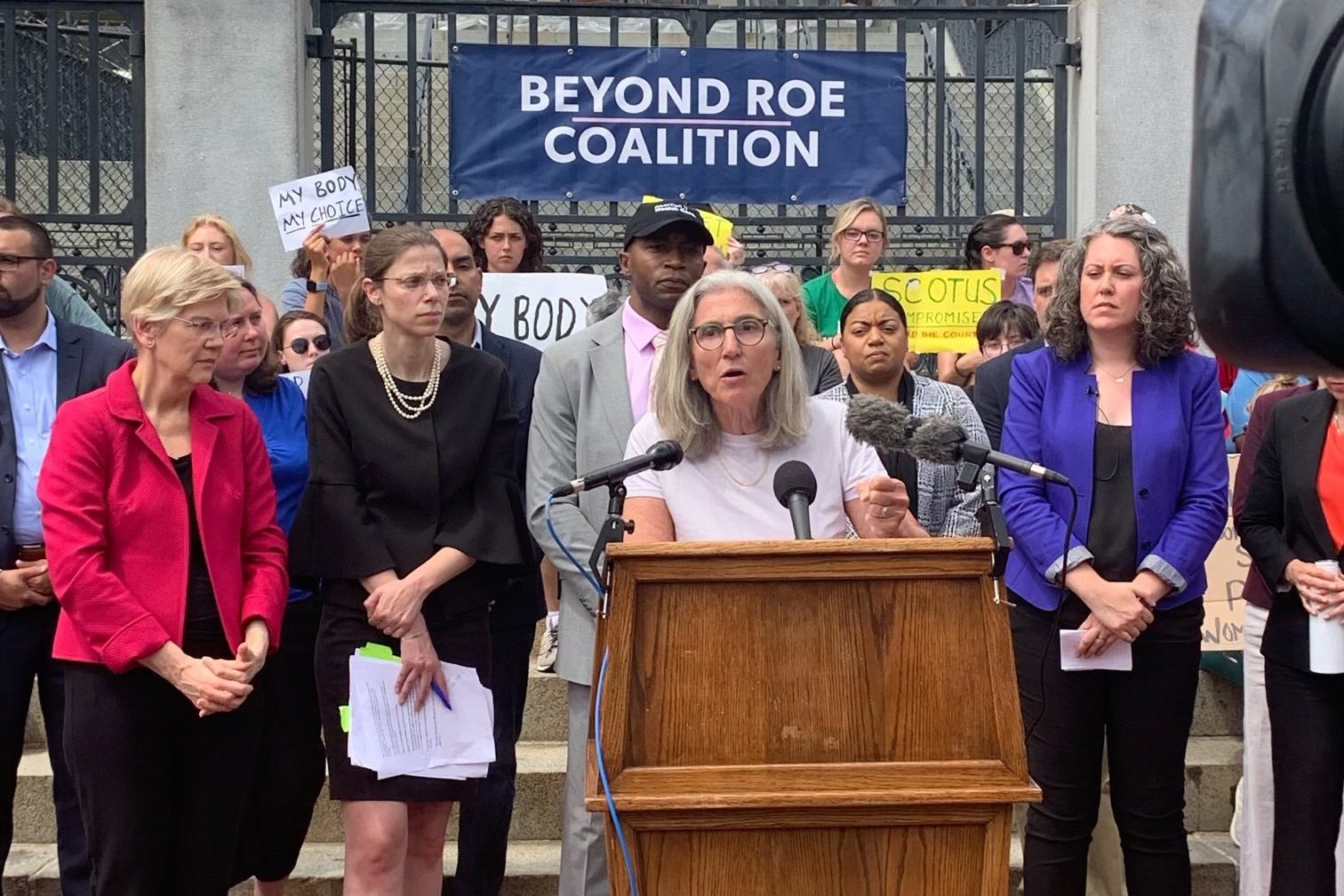Bill codifies ‘no net loss’ policy into law for conservation areas in Massachusetts
BOSTON – On Thursday, November 10, 2022, the Massachusetts Legislature passed legislation that protects open and public spaces throughout the Commonwealth and ensures their conservation for future generations. This legislation, known as the Public Land Preservation Act, permanently preserves and protects the amount of land designated as open spaces and prevents it from being used for other purposes. Senator Cindy F. Friedman (D-Arlington), supported the legislation in the Massachusetts Senate.
“It is vital that we preserve public and conservation lands and ensure safe and accessible spaces for Massachusetts families, nature, and wildlife,” said Senator Friedman, Vice Chair of the Senate Committee on Ways and Means. “Passing this legislation is an important step in maintaining open spaces for the enjoyment of all for generations to come.”
Since its passage as a ballot initiative in 1972, Article 97 of the Massachusetts Constitution has recognized the importance of public lands. Lands acquired for conservation purposes under Article 97 have protected status, and such lands’ sale or conversion to other use must be approved by a two-thirds vote of each branch of the Legislature. Recognizing the importance of maintaining public lands, the Legislature, working with the Administration, has for many years ensured ‘no net loss’ of open spaces by requiring equivalent replacement land into open space when disposing of Article 97 land.
The conference report passed by the Legislature today codifies a ‘no net loss’ policy into law, making it legally binding.… Read more.


